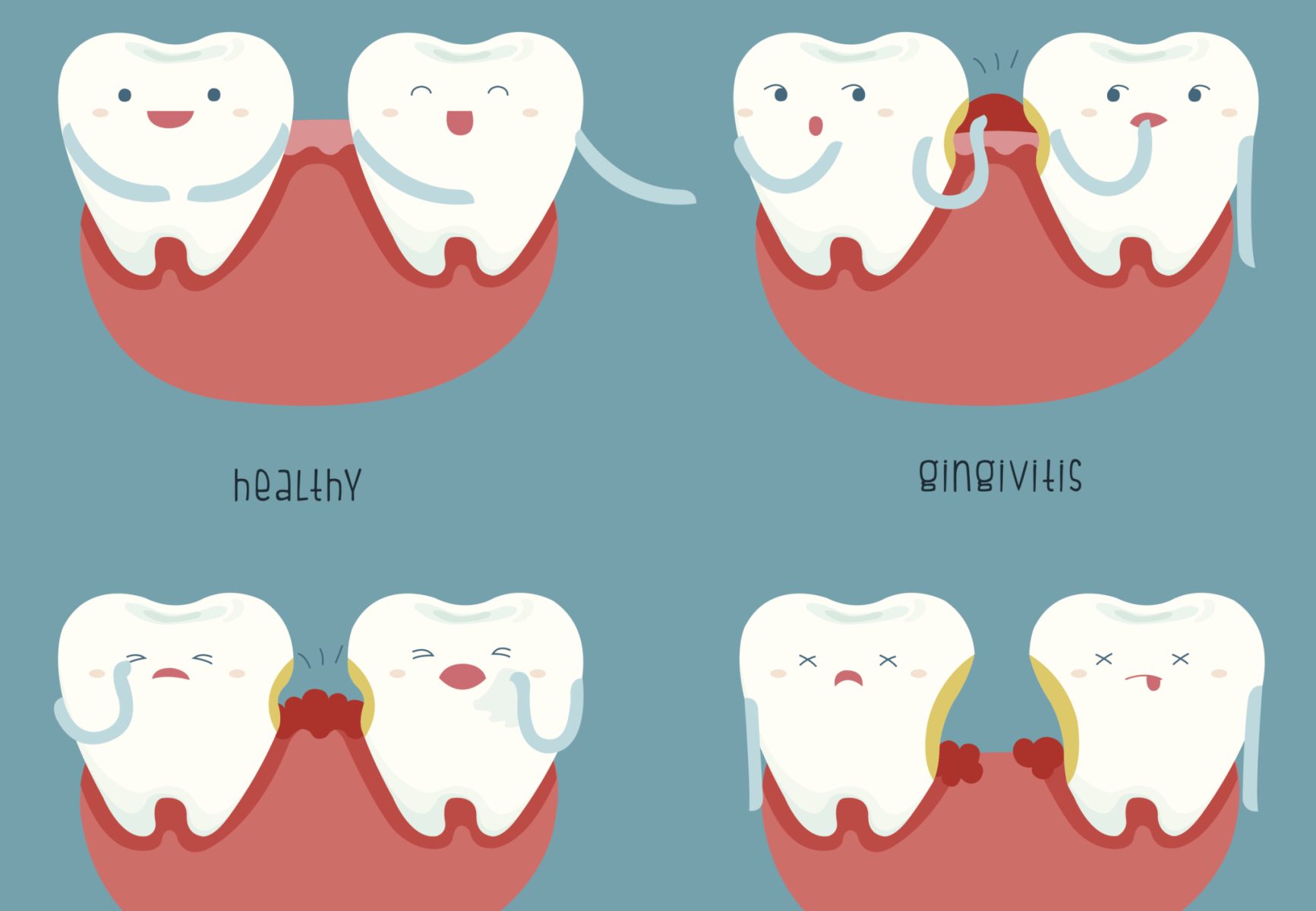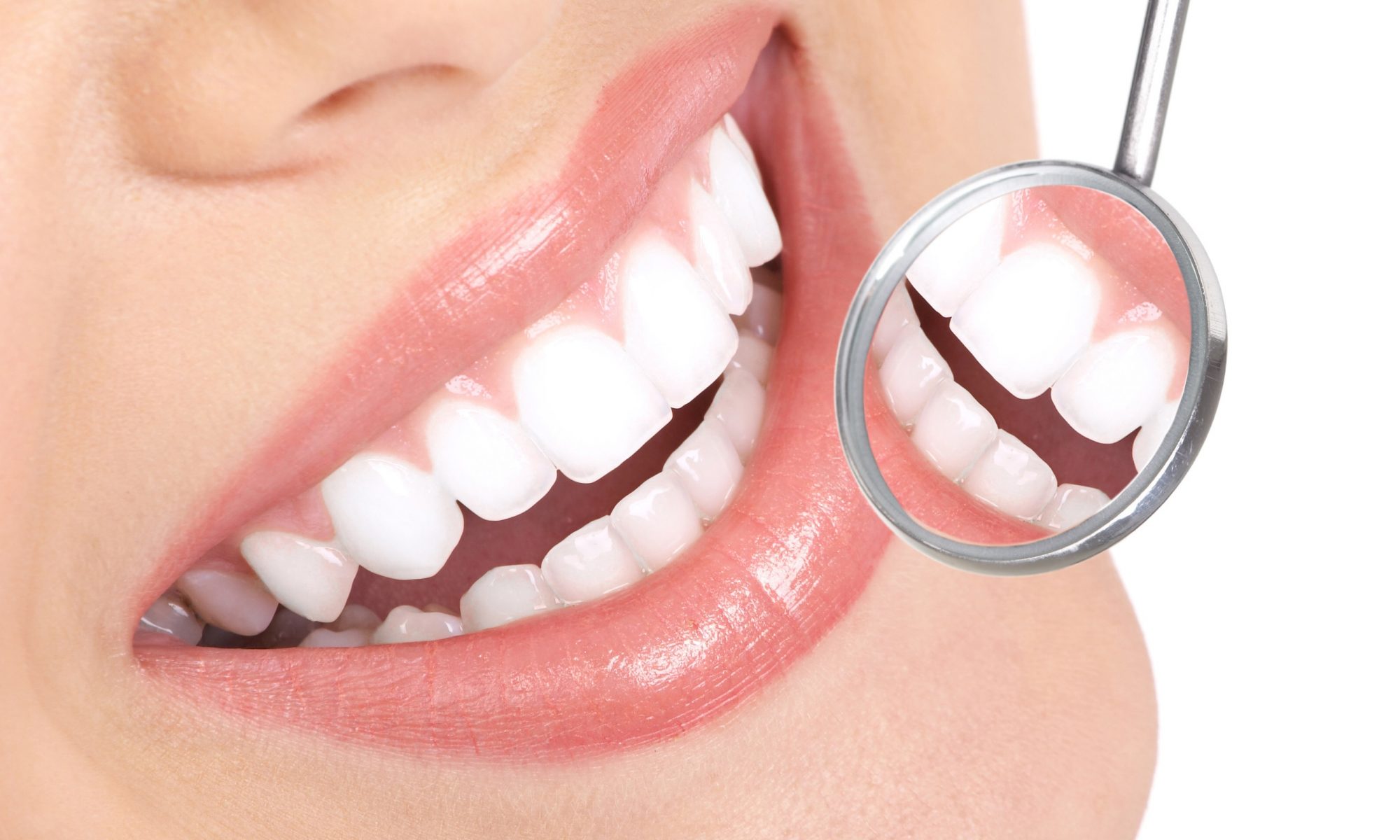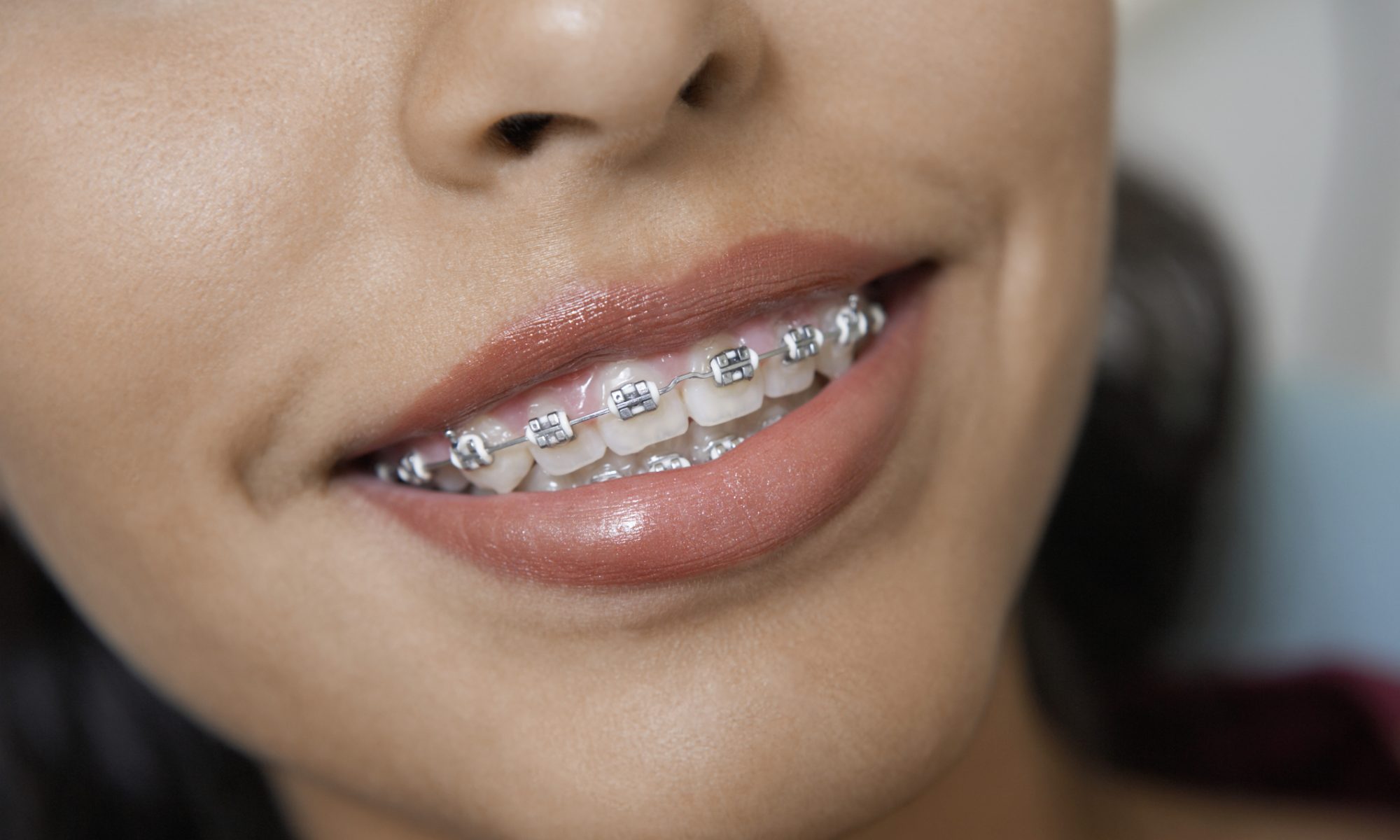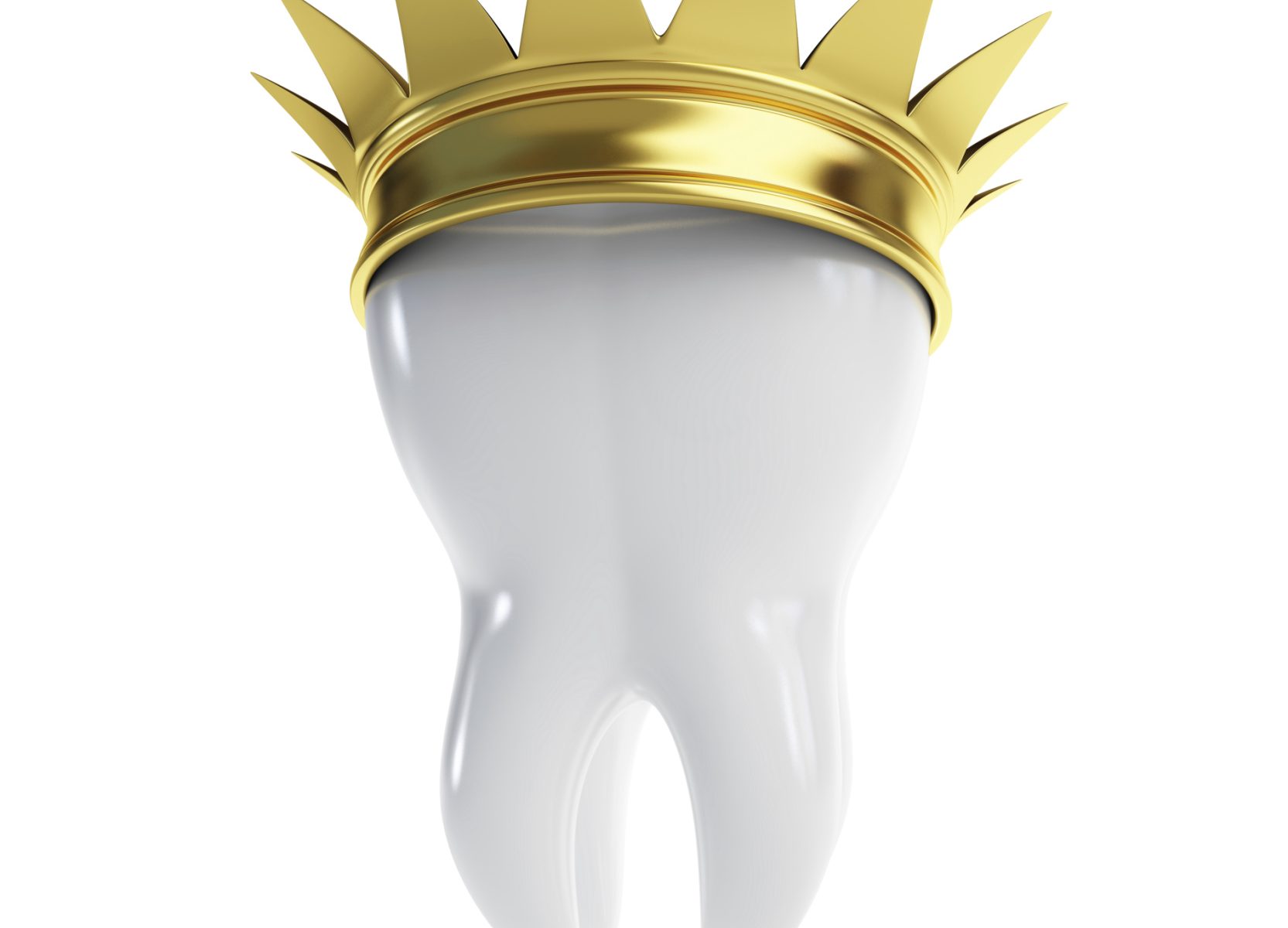Dentistry encompasses various specialized fields that focus on specific aspects of oral health, addressing diverse dental needs and conditions. Here are some of the different specialties of dentistry:
Continue reading “A Guide to Dental Specialties | Central Park West Dentist”Understanding Pediatric Dental Care | Central Park West Dentist
Pediatric oral care is essential for laying the foundation of a child’s dental health, yet myths and misconceptions abound that can impact how parents approach their child’s dental hygiene. Here are some common misconceptions:
Continue reading “Understanding Pediatric Dental Care | Central Park West Dentist”Stages of Periodontal Disease | Central Park West Dentist
Periodontal disease, commonly known as gum disease, is a progressive condition that affects the tissues supporting the teeth. It begins with mild inflammation of the gums (gingivitis) and, if left untreated, can advance to more severe stages, leading to significant damage to the gums, bone, and ultimately tooth loss. Here’s how periodontal disease progresses through its stages:
Continue reading “Stages of Periodontal Disease | Central Park West Dentist”What To Know About Gum Restoration Surgery | Central Park West Dentist
Gum recession is a common dental issue that can lead to sensitivity, aesthetic concerns, and even tooth loss if left untreated. Traditional gum grafting procedures have long been the go-to solution, but advancements in dental techniques have introduced a minimally invasive alternative – Pinhole Gum Restoration Surgery.
Continue reading “What To Know About Gum Restoration Surgery | Central Park West Dentist”The Importance of Consistent Oral Hygiene Habits | Central Park West Dentist
Maintaining optimal oral hygiene is a cornerstone of overall health and well-being. Our mouths are the gateway to our bodies, and the state of our oral health can have a significant impact on various aspects of our lives. Developing and consistently practicing good oral hygiene habits is essential for preventing dental issues, ensuring fresh breath, and promoting overall health.
Continue reading “The Importance of Consistent Oral Hygiene Habits | Central Park West Dentist”Understanding and Managing Tooth Sensitivity: A Guide | Central Park West Dentist
Tooth sensitivity is a common dental concern that affects millions of people worldwide. Whether it’s a sudden jolt of pain while enjoying an ice cream cone or a twinge when sipping hot coffee, sensitive teeth can be a real discomfort. In this blog post, we’ll delve into the causes of tooth sensitivity and explore effective strategies for managing and preventing this common dental issue.
Continue reading “Understanding and Managing Tooth Sensitivity: A Guide | Central Park West Dentist”How Diabetes Can Affect Your Smile’s Health | Central Park West Dentist
Diabetes is a disease that affects more and more people every day, but did you know that it affects more than just your blood sugar? It’s true. Diabetes not only needs to be monitored to maintain your overall health, but not taking care of your diabetes can also affect your mouth. Let’s explain.
Continue reading “How Diabetes Can Affect Your Smile’s Health | Central Park West Dentist”Exploring the Diverse World of Dental Specialties | Central Park West Dentist
Dentistry is a multifaceted field with a range of specialized branches, each focusing on specific aspects of oral health. These dental specialties play a crucial role in ensuring comprehensive care for patients. In this blog post, we’ll delve into some of the prominent dental specialties, shedding light on the unique roles they play in maintaining and improving oral health.
Continue reading “Exploring the Diverse World of Dental Specialties | Central Park West Dentist”Why Do My Teeth Hurt? | Central Park West Dentist
It’s very unsettling when we get a toothache. Not only does the pain give you a major headache, but it likely means a visit to the dentist because, unfortunately, we can’t diagnose our oral pain. And there are many reasons your mouth may hurt. Here is a list of possible issues that may have caused your dental pain:
Continue reading “Why Do My Teeth Hurt? | Central Park West Dentist”The Path to Excellence: Becoming a Board-Certified Dentist | Central Park West Dentist
Embarking on the journey to become a board-certified dentist is a commendable pursuit that requires dedication, education, and a passion for oral health. This transformative path not only elevates your professional status but also ensures a commitment to the highest standards of patient care. In this blog post, we’ll explore the essential steps and key considerations for those aspiring to achieve board certification in dentistry.
Continue reading “The Path to Excellence: Becoming a Board-Certified Dentist | Central Park West Dentist”








